West Africa has one of the lowest electrification rates, with 220 million people living without access, coupled with some of the highest electricity costs in Sub-Saharan Africa.
Statistically, only about 42% of the total population, and 8% of rural residents, have access to electricity.
This sorry state of energy in the sub-region presents grave consequences because electricity is an important step toward enhancing people’s opportunities and choices. Access is key to boosting economic activity and contributes to improving human capital, which, in turn, is an investment in a country’s potential.
Over the last few decades, the sub-region has steadily turned focused to Renewable Energy, to augment for the terrible energy shortfall.
It’s against this backdrop and other concerns that the parliamentary arm of the Economic Community of West African States (ECOWAS) is convening a delocalized meeting on energy issues and women’s empowerment sensitization campaign in Freetown, Sierra Leone’s capital city.
The announcement was made in a Media Advisory released by the Communication Division of the Parliament on Thursday 16th March 2023.
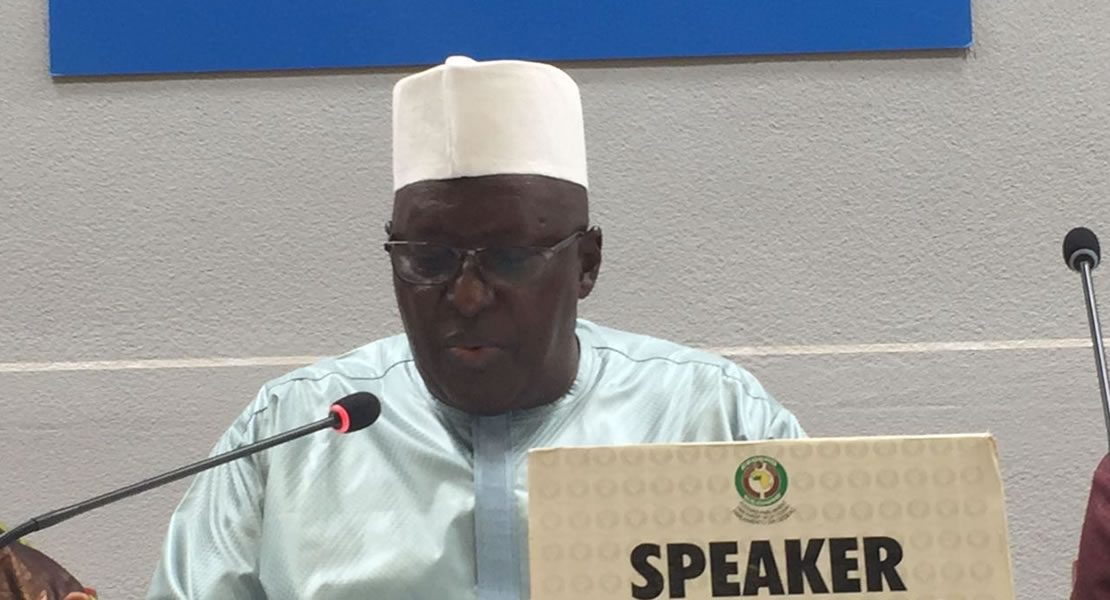 The delocalized meeting will focus on the theme, “Building the regional energy market for a perfect energy transition,” and will run from the 20th to the 25th of March 2023.
The delocalized meeting will focus on the theme, “Building the regional energy market for a perfect energy transition,” and will run from the 20th to the 25th of March 2023.
The meeting is to feature eight (Energy and Mining/ Agriculture, Environment and Natural Resources/Infrastructure/Industry and Private Sector/ Public Accounts/Macroeconomic Policy and Economic/Administration, Finance and Budget/ and Health) of the Parliament’s fourteen Standing Committees of the Parliament.
A World Bank publication on ‘sustainable energy for all’ entitled, ‘Regional electricity trade, the key to unleashing West Africa’s power,’ written by Charles Cormier and published in July 2020, noted that, “Home to a rapidly growing population and persistently high rates of poverty, West Africa suffers from an energy conundrum that if solved, has the potential to unleash economic development, drive down poverty, and improve the quality of life of millions of people.”
The article also highlighted that the region is caught in a vicious energy cycle plagued by unreliable, extremely expensive power supplies, low rates of electricity access, and an inability to recover the exorbitantly high cost of producing electricity.
“Only 50% of the population has access to electricity – an unreliable supply at best. Power supplies suffer from an average of 44 hours of outages per month and are among the most expensive in the world with prices averaging about $0.20 per kilowatt-hour.
West Africans pay about twice as much for electricity as their neighbors on the eastern side of the continent, and for those living in the region’s fragile states, prices can be as high as $0.40 per Kilowatt-hour,” according to the publication.
Separately, the Association of ECOWAS Female Parliamentarians dubbed, ECOFEPA is also set to hold a sensitization campaign tomorrow (Friday 17th Marc, 2023) and the following day in Freetown to deliberate on women’s empowerment issues in the sub-region.
In retrospect, The ECOWAS Parliament, also known as the Community Parliament, is one of the Institutions of ECOWAS. It is the Assembly of Peoples of the Community serving as a forum for dialogue, consultation and consensus for Representatives of the people of West Africa with the aim of promoting integration.
The Parliament is composed of one hundred and fifteen (115) seats. Each Member State shall have a guaranteed minimum of five (5) seats. The remaining forty (40) seats shall be shared on the basis of population.
Ghanamps.com
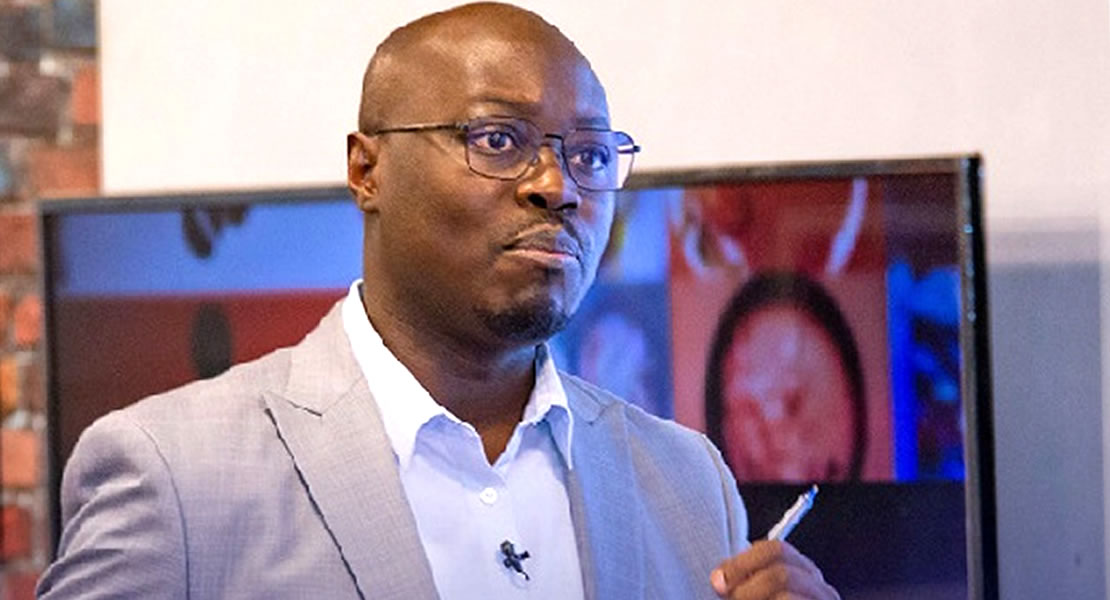
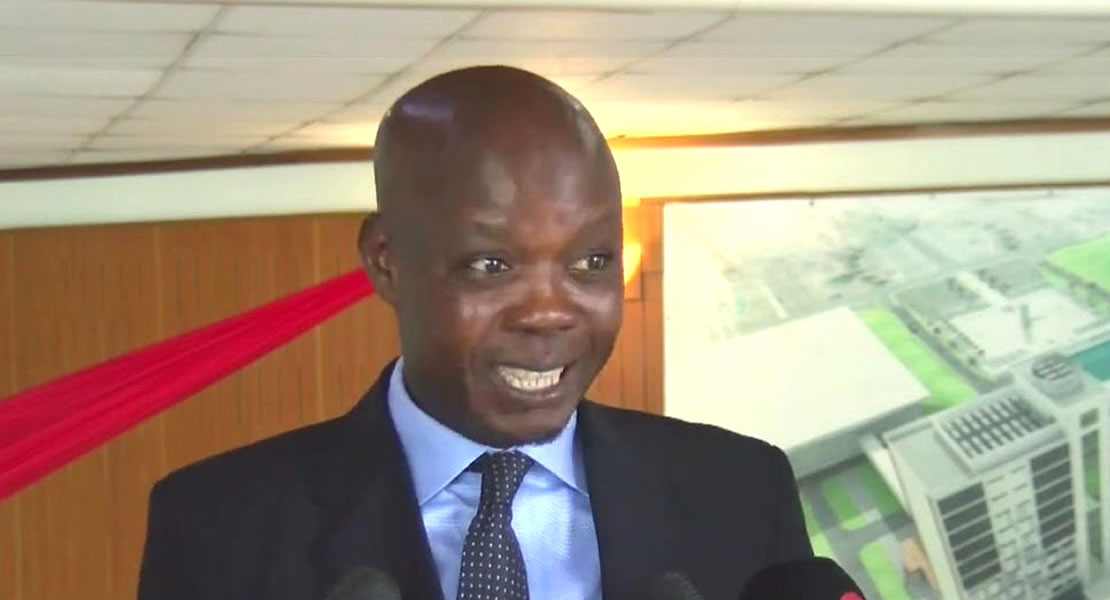
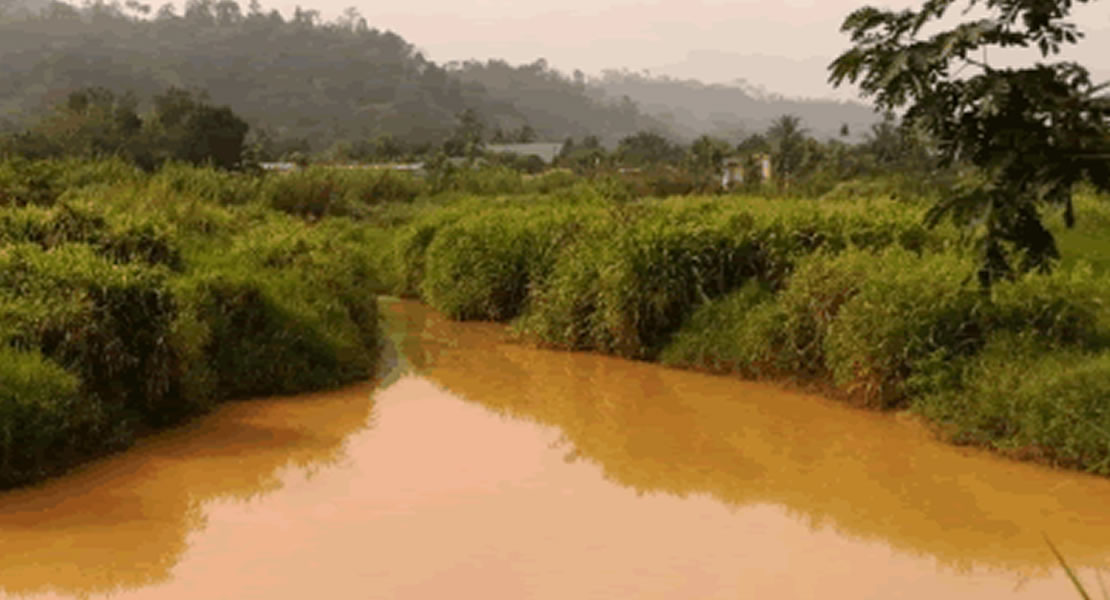
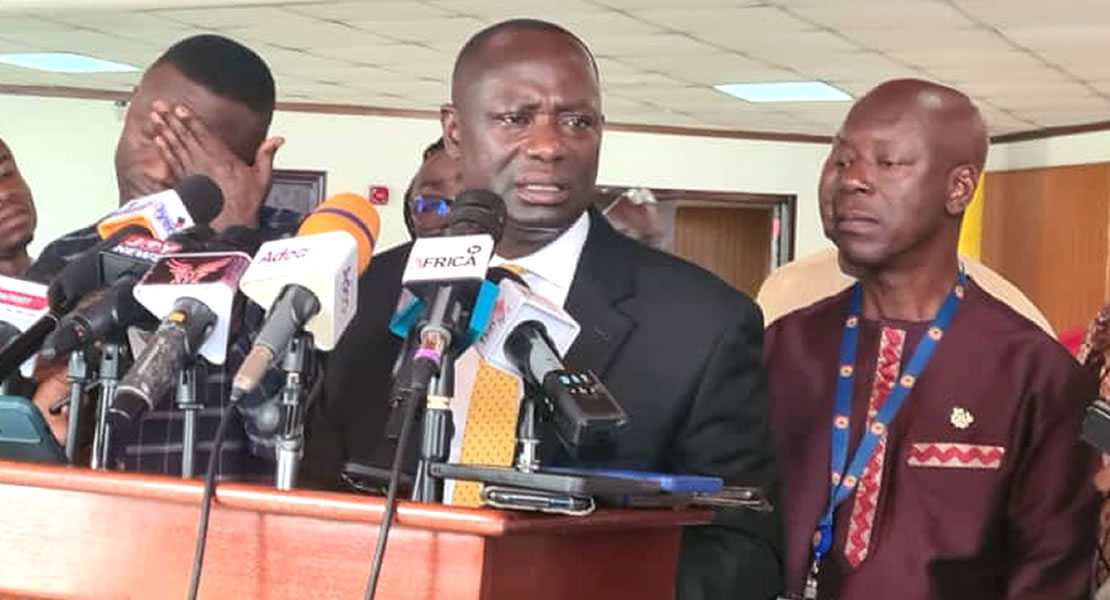
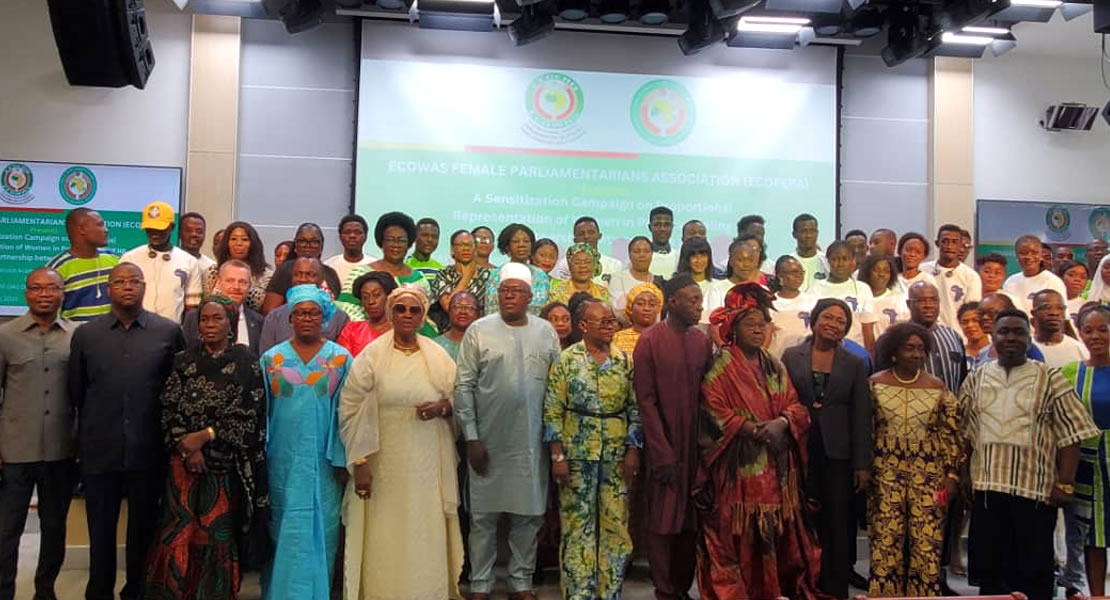
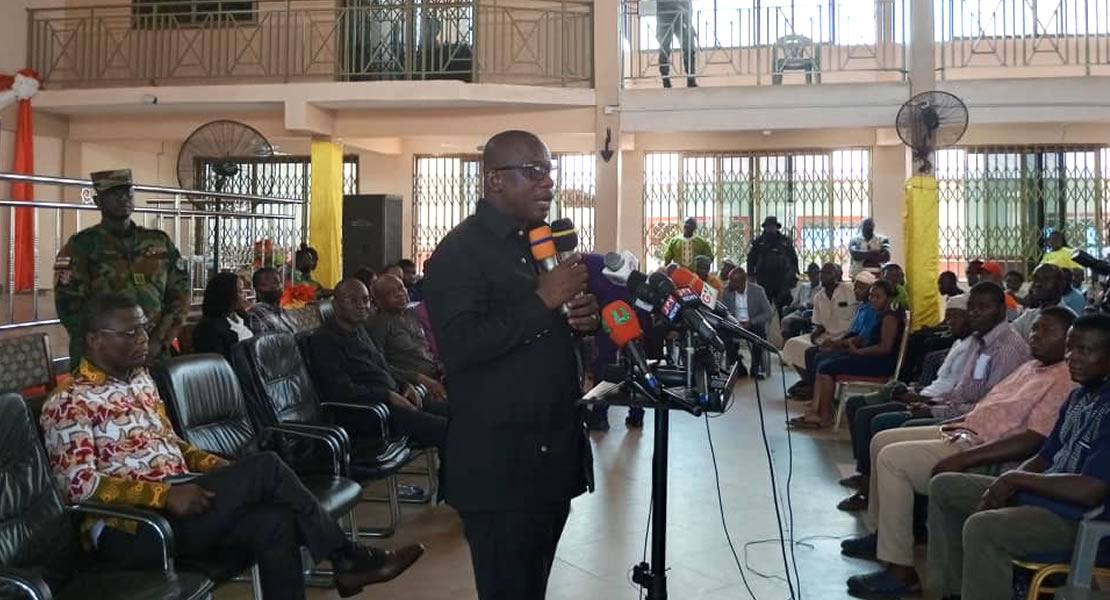
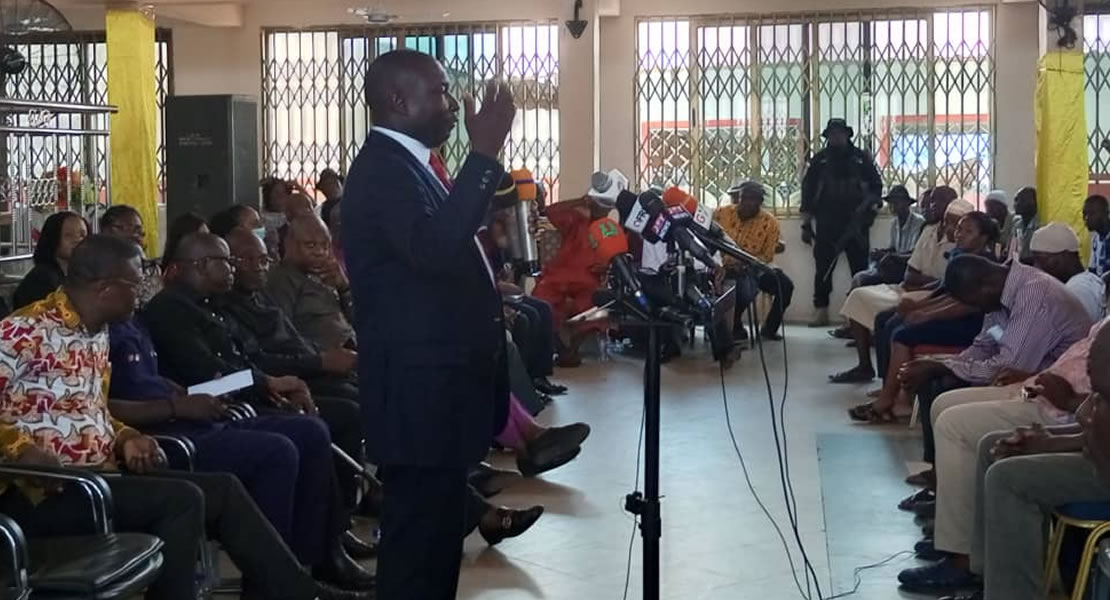 It will be difficult for people to come in to commit crime in communities that have the military presence; they are safe communities.
It will be difficult for people to come in to commit crime in communities that have the military presence; they are safe communities.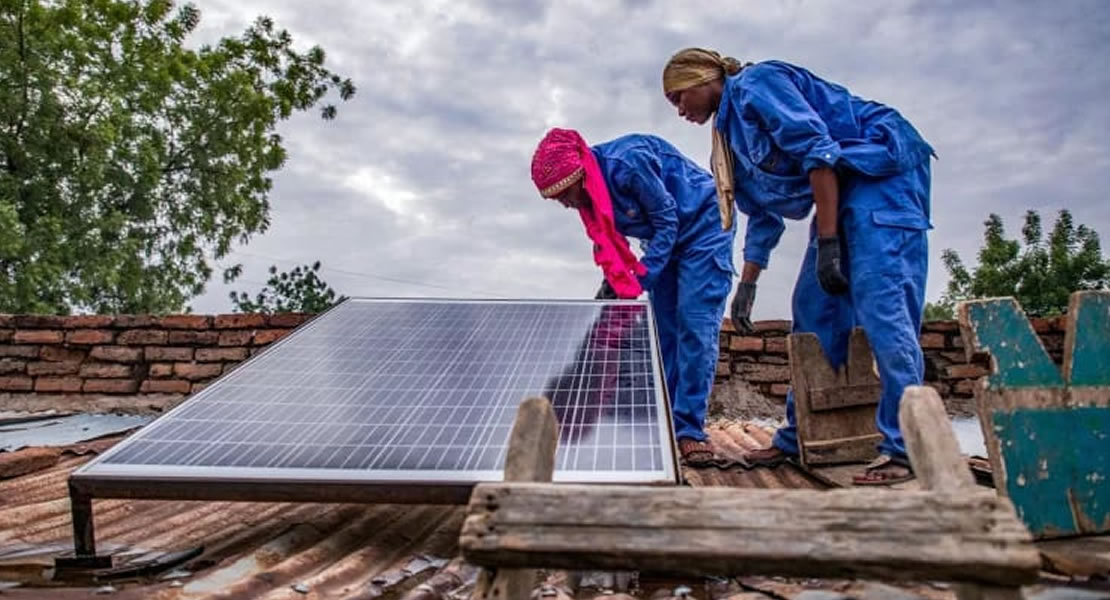
 The delocalized meeting will focus on the theme, “Building the regional energy market for a perfect energy transition,” and will run from the 20th to the 25th of March 2023.
The delocalized meeting will focus on the theme, “Building the regional energy market for a perfect energy transition,” and will run from the 20th to the 25th of March 2023.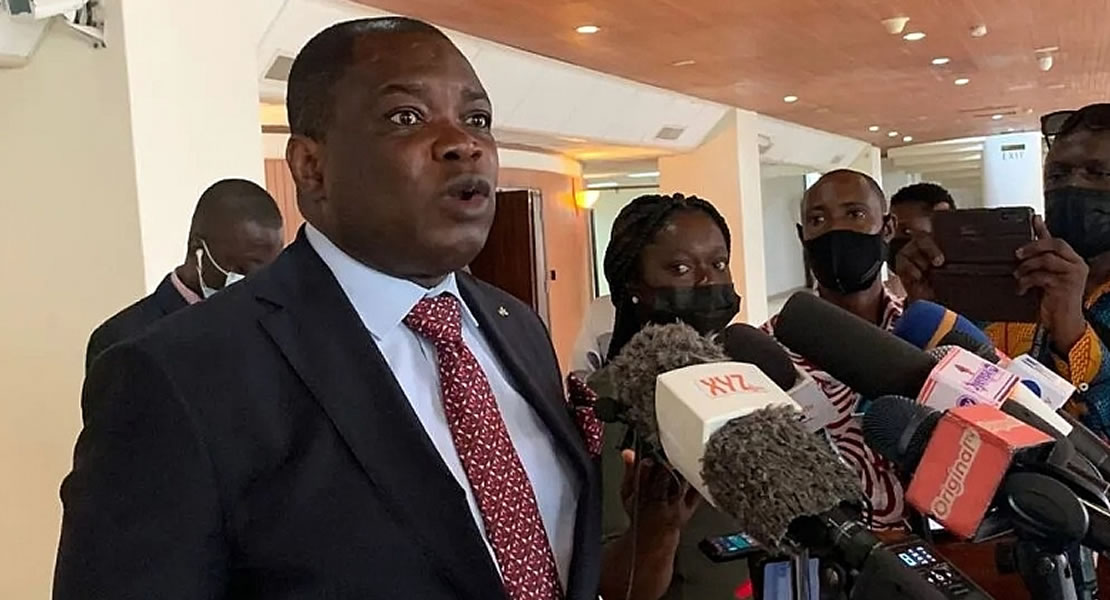
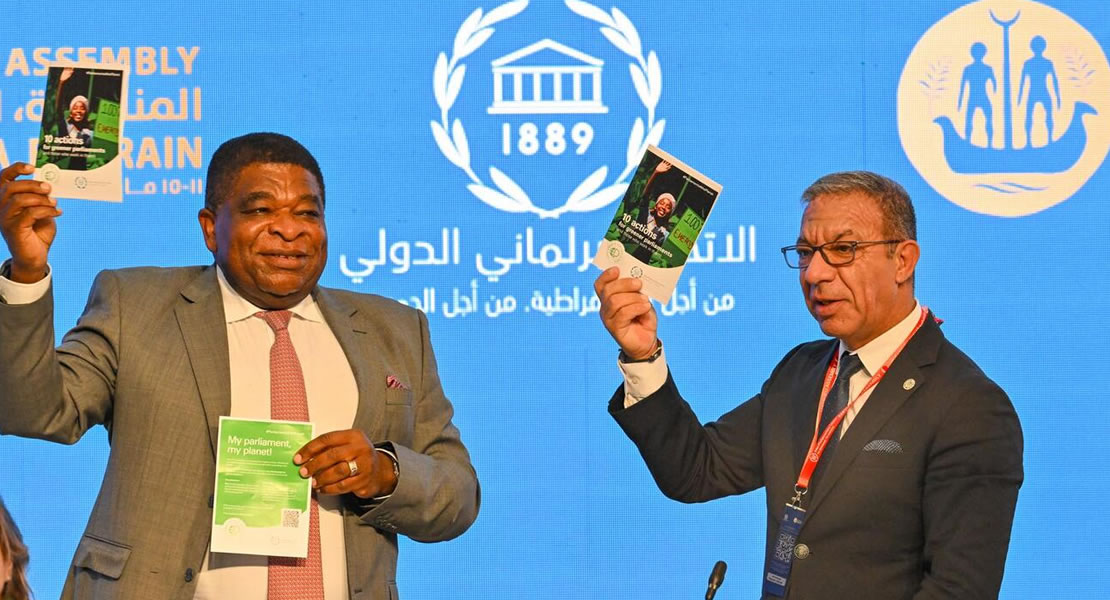
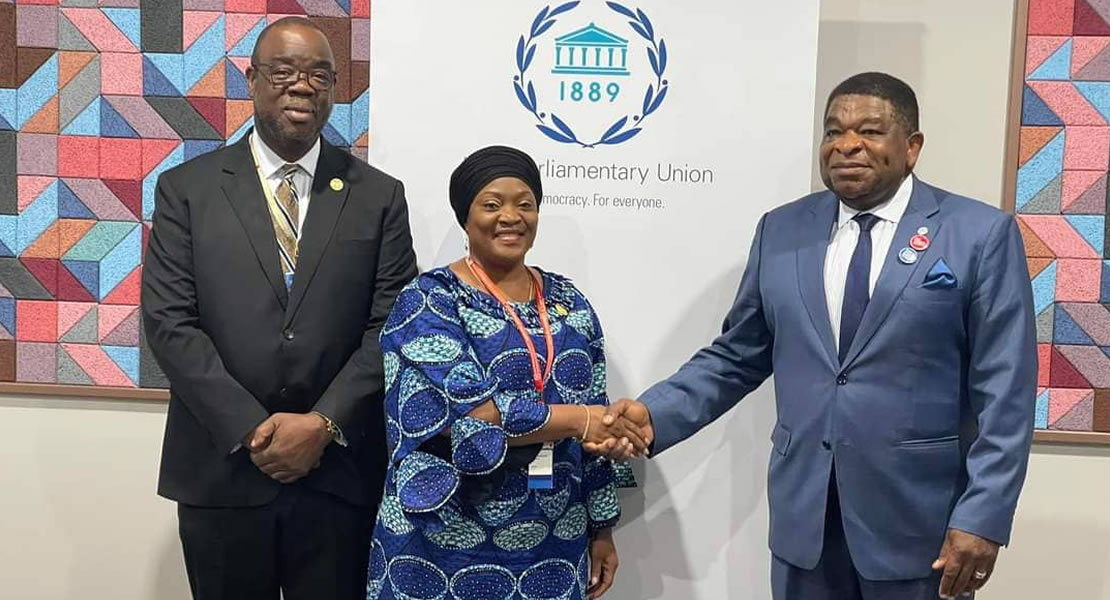
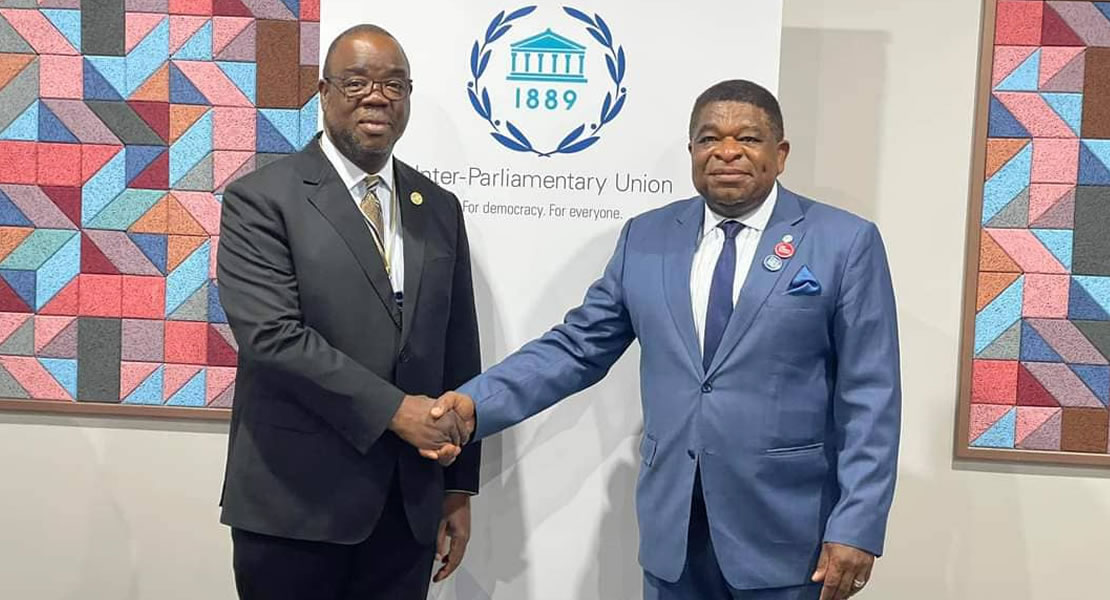 Liberia was one of the nine founding members of the IPU along with Belgium, Britain, Denmark, France, Hungary, Italy, Spain, and the United States of America.
Liberia was one of the nine founding members of the IPU along with Belgium, Britain, Denmark, France, Hungary, Italy, Spain, and the United States of America.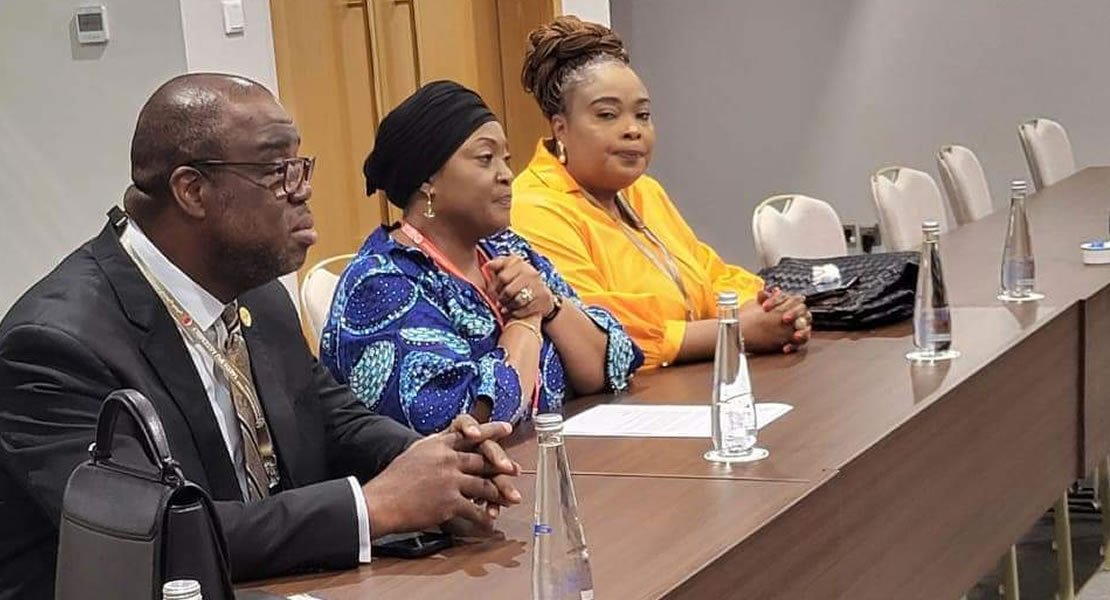 Ms. Jewel Howard-Taylor, President of the Senate, addressing the IPU Assembly, said “It is a humbling duty for me; on behalf of my nation Liberia and the Liberian Legislature; to accept the call for my Nation Liberia to return to the fold of the IPU; after a long absence.
Ms. Jewel Howard-Taylor, President of the Senate, addressing the IPU Assembly, said “It is a humbling duty for me; on behalf of my nation Liberia and the Liberian Legislature; to accept the call for my Nation Liberia to return to the fold of the IPU; after a long absence.